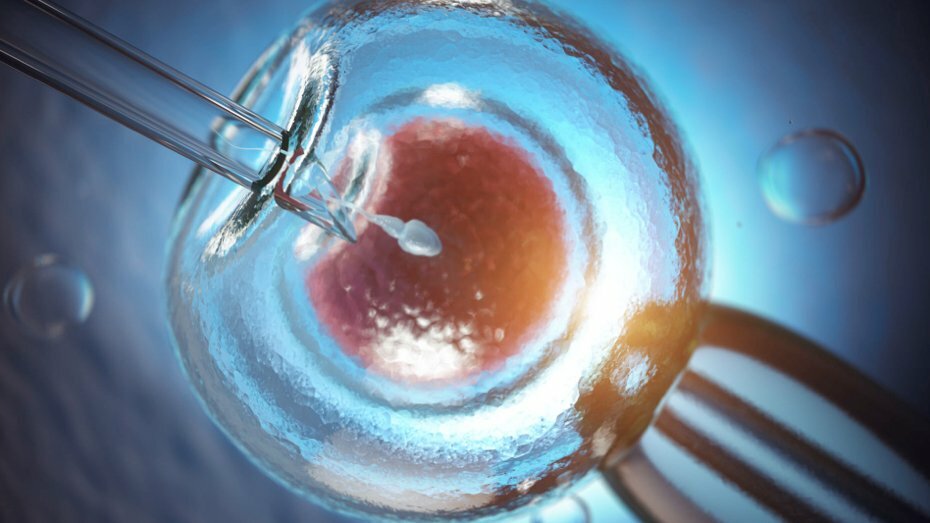Intracytoplasmic Sperm Injection (I.C.S.I.)
Before an expectant father’s sperm can fertilize a expectant mother’s egg, the head of the sperm must be attached to the outer part of the egg. It then pushes the outermost layer of the egg into the inner part of the egg, that is, the cytoplasm. Sometimes sperm cannot enter the outer layer. ICSI, abbreviated as intracytoplasmic sperm injection, is the process of injecting sperm directly into the egg. In this way, fertilization of the egg can be achieved.
What is ICSI?
ICSI is the process of injecting a sperm taken from the father-to-be into the egg cell obtained from the mother through very small injections and under a microscope. In this way, fertilization, which does not occur in natural methods, is carried out in laboratory conditions. The advantage of ICSI is that it can perform fertilization even with a single sperm, sometimes even if this sperm is not motile. With the ICSI procedure, even fathers whose sperm count is not sufficient can have a baby.
How is ICSI performed?
In order to provide a sufficient number of egg cells, the mother-to-be is given a procedure called ovulation induction that stimulates the ovaries. ICSI procedure is the injection of a sperm into an egg through a small injection. Fertilized eggs develop in the laboratory between 1 and 5 days. After this stage, they are transferred to the uterus of the mother-to-be. ICSI is a very useful method for solving male infertility problems. For example;
- If the shape or movement of the sperm is not normal,
- If there are problems in the binding of sperm to the egg,
- If a problem in the reproductive canal is an obstacle to the exit of sperm,
- The use of sperm obtained by surgical intervention from the reproductive organs of the father-to-be (TESE, TESA)
- ICSI is a very advantageous and effective method when fertilization cannot be achieved in classical IVF treatment methods.
- Is ICSI a successful method?
- With the procedure performed with ICSI, fertilization can be achieved at a rate of 80% – 95% in eggs.
However, after ICSI, the following situations may occur:
- Even if the sperm is injected, the embryo may not form from the egg.
- The embryo may not develop.


